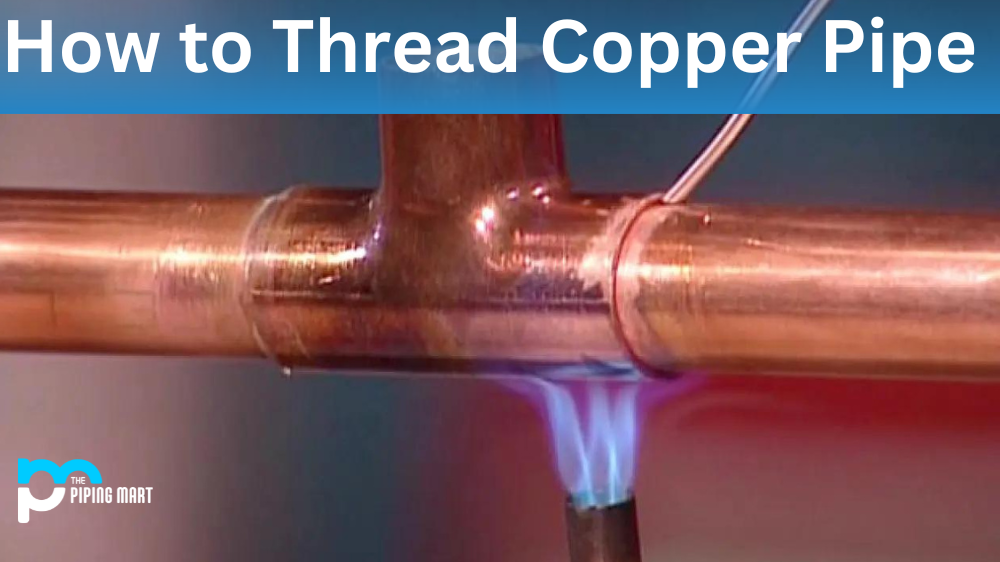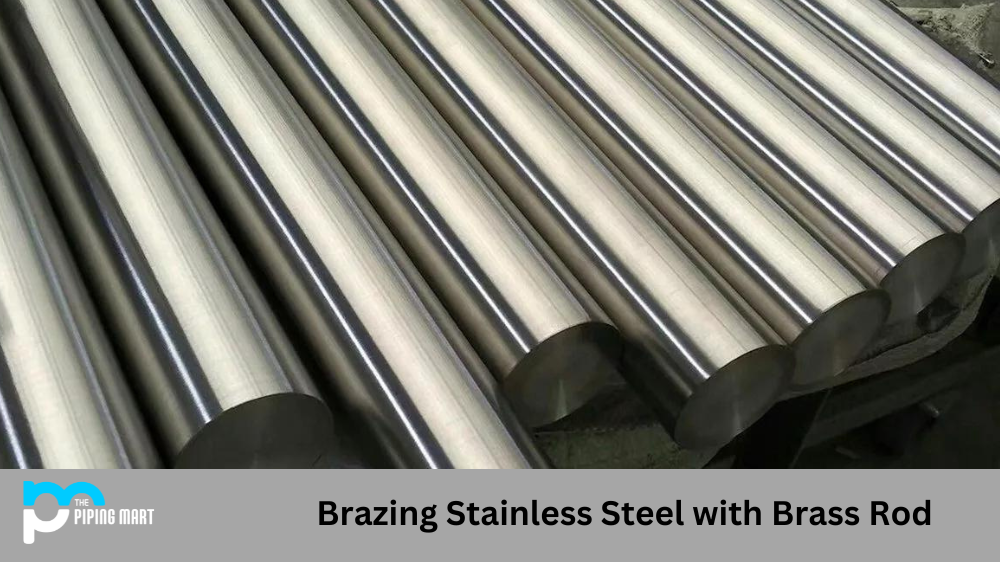Copper Nickel (Cu-Ni) tubes have been used greatly in seawater services for years. The combination of copper and nickel offers several advantages, including excellent corrosion resistance, durability, and strength. This makes them ideal for industries that involve frequent contact with salt water, such as marine engineering and shipbuilding. Let’s take a closer look at some common applications and benefits of Cu-Ni tubes.
Copper Nickel Tubes Advantages
Excellent resistance to corrosion
Copper nickel tubes offer excellent resistance to corrosion, even in the most aggressive environments. This makes them ideal for use in a wide range of industries, including marine, oil and gas, chemical processing, and power generation.
Good thermal conductivity
Copper nickel tubes have good thermal conductivity, which makes them ideal for use in heat exchangers and condensers. They are also often used in cooling systems due to their ability to resist corrosion from salt water.
High strength and hardness
Cu-Ni alloys are known for their high strength and hardness. This makes them ideal for use in applications where high levels of wear and tear are expected, such as in valves, pumps, and other moving parts.
Non-magnetic
Copper nickel alloys are non-magnetic, which is an important property for many applications. For example, Cu-Ni alloys are often used in electrical wiring as they will not interfere with the flow of electricity.
Easily welded and brazed
Cu-Ni alloys can be easily welded and brazed, which makes them ideal for use in a wide range of applications. For example, they are often used in the construction of pipelines and other infrastructure projects.
Environmentally friendly
Copper nickel alloys are 100% recyclable and do not release any harmful toxins into the environment when they are used
Copper Nickel Tubes Uses
Heat Exchangers
Heat exchangers are an important component of any system that involves the transfer of heat from one medium to another. Cu-Ni tubes are commonly used in heat exchangers due to their high thermal conductivity. In the case of seawater services, Cu-Ni tubes can be used to draw heat from seawater and transfer it to a different medium, such as air or another liquid.
Condenser Tubing
In addition to heat exchangers, Cu-Ni tubes can also be used as condenser tubing. Condensers are responsible for removing unwanted substances from a fluid by transforming them into gas form before expelling them from the system. These substances may include salts, minerals, or other impurities that can damage equipment if left unchecked. Using condensers made from Cu-Ni tubing can remove these substances quickly and efficiently while protecting the integrity of the system itself.
Water Lines
Finally, Cu-Ni tubes are often used as water lines to transport water throughout a given system while protecting against corrosion caused by saltwater exposure. This is especially beneficial in marine applications where saltwater is particularly corrosive and may cause damage over time if not properly addressed by durable materials like those found in Cu-Ni tubing.
Conclusion
If you’re looking for a reliable material for your next project involving seawater services, then look no further than a copper-nickel! Cu-Ni tubes offer several advantages for seawater services thanks to their corrosion resistance and durability characteristics. They can be used for various applications such as heat exchangers, condenser tubing, and water lines—allowing you to quickly and efficiently transport fluids throughout your system without having to worry about corrosion or other damage caused by saltwater exposure over time.

Pipingmart is a B2B portal that specializes in metal, industrial and piping items. Additionally, we share the latest information and information about materials, products and various types of grades to assist businesses that are involved in this business.




